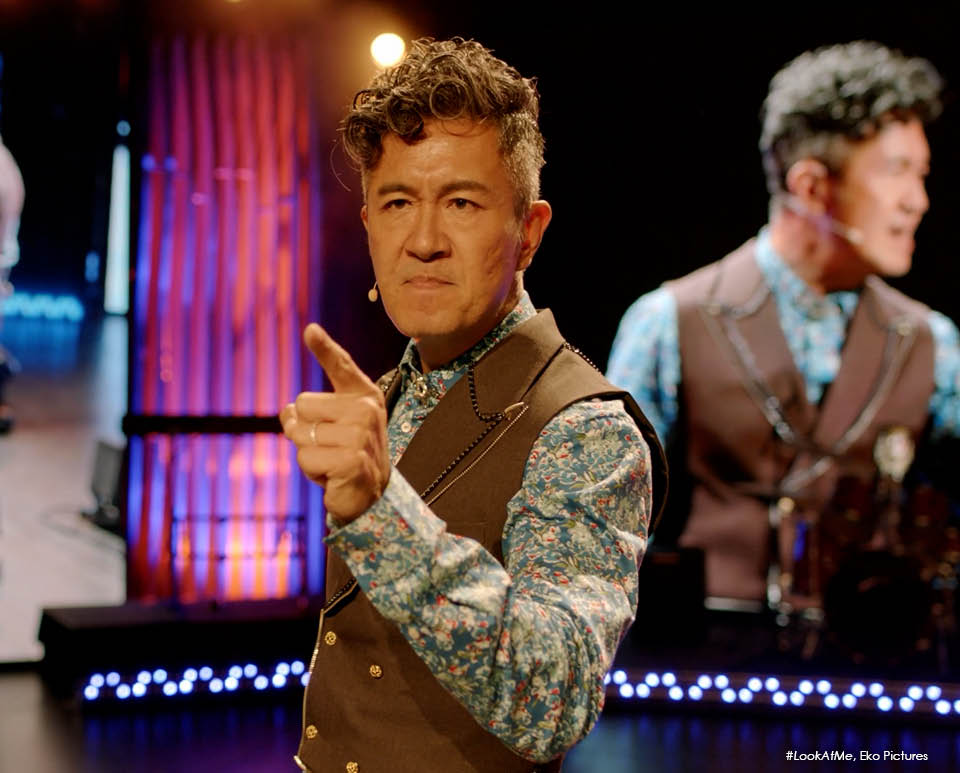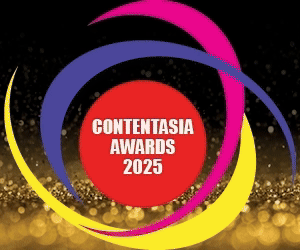
Singapore authorities have effectively banned local filmmaker Ken Kwek’s new feature, “#LookAtMe”, saying that the film “denigrates a religious community and has the potential to cause enmity and social division in Singapore’s multi-racial and multi-religious society”.
A joint statement, three government agencies – the Infocomm Media Development Authority (IMDA), Ministry of Culture, Community and Youth (MCCY) and Ministry of Home Affairs (MHA) – said on Monday that the film had been refused classification because it exceeded the film classification guidelines.
Films that aren’t classified cannot be released in Singapore.
The statement said that, in reaching its decision, the IMDA had consulted the Ministry of Home Affairs (MHA) and the Ministry of Culture, Community and Youth (MCCY).
The statement said that the film indicates in the opening frame that it is “inspired by true events”.
Set in Singapore, “#LookAtMe” is about a YouTuber who, in defence of his gay twin brother, posts a video trolling a megachurch pastor. He sets off a series of events that threaten to destroy his family.
Singapore actor Yao (“Tiong Bahru Social Club”) won an award for Best Performance at the 20th New York Asian Film Festival for his role in “#LookAtMe”.
The IMDA/MHA/MCCY statement said that descriptions of the pastor in the film included a similar sound title as a real pastor in Singapore, and that “persons in Singapore may draw that connection”.
“The context may be seen to be suggesting or encouraging violence against the pastor. The pastor is also portrayed engaging in an act prohibited by his professed religious faith. The allegations may be perceived to [be] offensive, defamatory and contrary to the MRHA, in that it may be seen as unfairly attacking a religious figure, as well as cause offence to religious beliefs,” the statement continued.
“Further, the film has the potential to cause...
Singapore authorities have effectively banned local filmmaker Ken Kwek’s new feature, “#LookAtMe”, saying that the film “denigrates a religious community and has the potential to cause enmity and social division in Singapore’s multi-racial and multi-religious society”.
A joint statement, three government agencies – the Infocomm Media Development Authority (IMDA), Ministry of Culture, Community and Youth (MCCY) and Ministry of Home Affairs (MHA) – said on Monday that the film had been refused classification because it exceeded the film classification guidelines.
Films that aren’t classified cannot be released in Singapore.
The statement said that, in reaching its decision, the IMDA had consulted the Ministry of Home Affairs (MHA) and the Ministry of Culture, Community and Youth (MCCY).
The statement said that the film indicates in the opening frame that it is “inspired by true events”.
Set in Singapore, “#LookAtMe” is about a YouTuber who, in defence of his gay twin brother, posts a video trolling a megachurch pastor. He sets off a series of events that threaten to destroy his family.
Singapore actor Yao (“Tiong Bahru Social Club”) won an award for Best Performance at the 20th New York Asian Film Festival for his role in “#LookAtMe”.
The IMDA/MHA/MCCY statement said that descriptions of the pastor in the film included a similar sound title as a real pastor in Singapore, and that “persons in Singapore may draw that connection”.
“The context may be seen to be suggesting or encouraging violence against the pastor. The pastor is also portrayed engaging in an act prohibited by his professed religious faith. The allegations may be perceived to [be] offensive, defamatory and contrary to the MRHA, in that it may be seen as unfairly attacking a religious figure, as well as cause offence to religious beliefs,” the statement continued.
“Further, the film has the potential to cause enmity and social division in Singapore,” the agencies added, listing three reasons.
These included that “the Singapore pastor preaches against homosexuality but engages in behaviour that goes against his religious teachings”, and that “the reference to “true events” implies that leaders of the local religious community, including the pastor, have engaged in such behaviour”.
The third point was that the “protagonist declares his intention and makes preparations to violently attack a religious figure”.



















